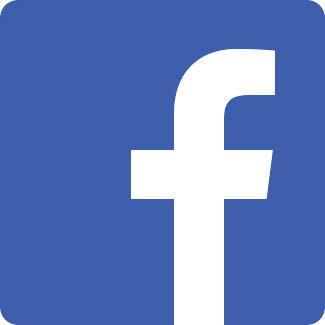Why I took a hiatus from Facebook, then opted to return
After a two-month detox, a Facebook user rejoins the online conversation, with a refreshed perspective
The basic premise, which helps to explain so much of what is happening in our personal as well as our political world, goes like this: Surveillance capitalism reorganizes human experience into raw material for translation into behavioral data, which then, through machine “learning,” becomes fabricated into dynamic “prediction” algorithms that anticipate what you will do now, soon and later. Companies then trade the predictive data products, with little regulation or transparency, accumulating vast wealth.
Translated, a new kind of marketplace has been created through surveillance capitalism, with companies placing bets on our future behavior. The companies, particularly in the political realm, are not just monitoring and recording the data but intervening at the source of behavior to nudge you or herd your behavior, to drive you in the direction of market outcomes they desire.
Outrage becomes the fast food for click rates, or click bait. In the similar way that the industrial revolution sought to conquer and control nature, with costs and consequences we are now seeing as climate change threatens our very existence, surveillance capitalism seeks to control and conquer the nature of human behavior. Rather than being consumers, we have become the new source of raw materials in the age of surveillance capitalism, according to Zuboff.
PROVIDENCE – I dropped out of Facebook in late November. Last week, I returned.
In November, sitting in my daughter’s apartment in New York City, I listened to her negative feelings about the way Facebook had misused its “community” information and hidden that fact – all the while arguing that it had valued privacy above all other issues, even profits.
I pushed back, saying that for me, the conversation on Facebook was helpful, as a retiree who no longer had the social milieu of a workplace to exchange ideas and feelings about the day-to-day goings on in Providence, as well as in the U.S. and beyond. I got nowhere.
Should I stay or should I go?
On the ride home, I thought about my options. Would abandoning Facebook be the right thing to do? Was it likely to be effective in sending a message to those in charge that at least one user was willing to walk away in protest? Would my absence reinforce criticism about their two-faced response to being caught lying to Congress and its “community” about the way it monetized our data without our permission? Was my time spent responding to people on Facebook overwhelming my own personal time and space?
My memory is not what it used to be, but I think I may have written something about the choice to stay or leave on Facebook.
A “Facebook friend,” who I respect for his candor and intelligence, called me out as privileged and smug. He criticized me for ignoring the fact that many users of Facebook had no other options to get information about their community and world, other than social media. This made me think even more about my decision.
I decided to take a break, anyway. Just to see how it would feel. My wife tried to soften the blow by trying to teach me to Tweet.
Rejoining the conversation
I rejoined Facebook last week after a couple of months on the sidelines. I did not check my newsfeed or comment at all on what others were reporting.
I learned that I missed hearing the comments of some of the people whom I “met” first on Facebook. Most of these FBFs were 20 or 30 years younger than I am and had reacted strongly to some of my comments and postings, some positively, but some not so much.
I realized how little contact people my age have with younger people and vice versa.
Facebook needs to change in a lot of ways as it monetizes our data. I agree. In the meantime, I think it has created a way for people to engage with those who otherwise would be isolated from them. I learned that privilege is isolating. I learned a long time ago that the “perfect can become the enemy of the good.”
I hope criticism of Facebook continues and becomes more constructive. In the meantime, I will stay a user.






